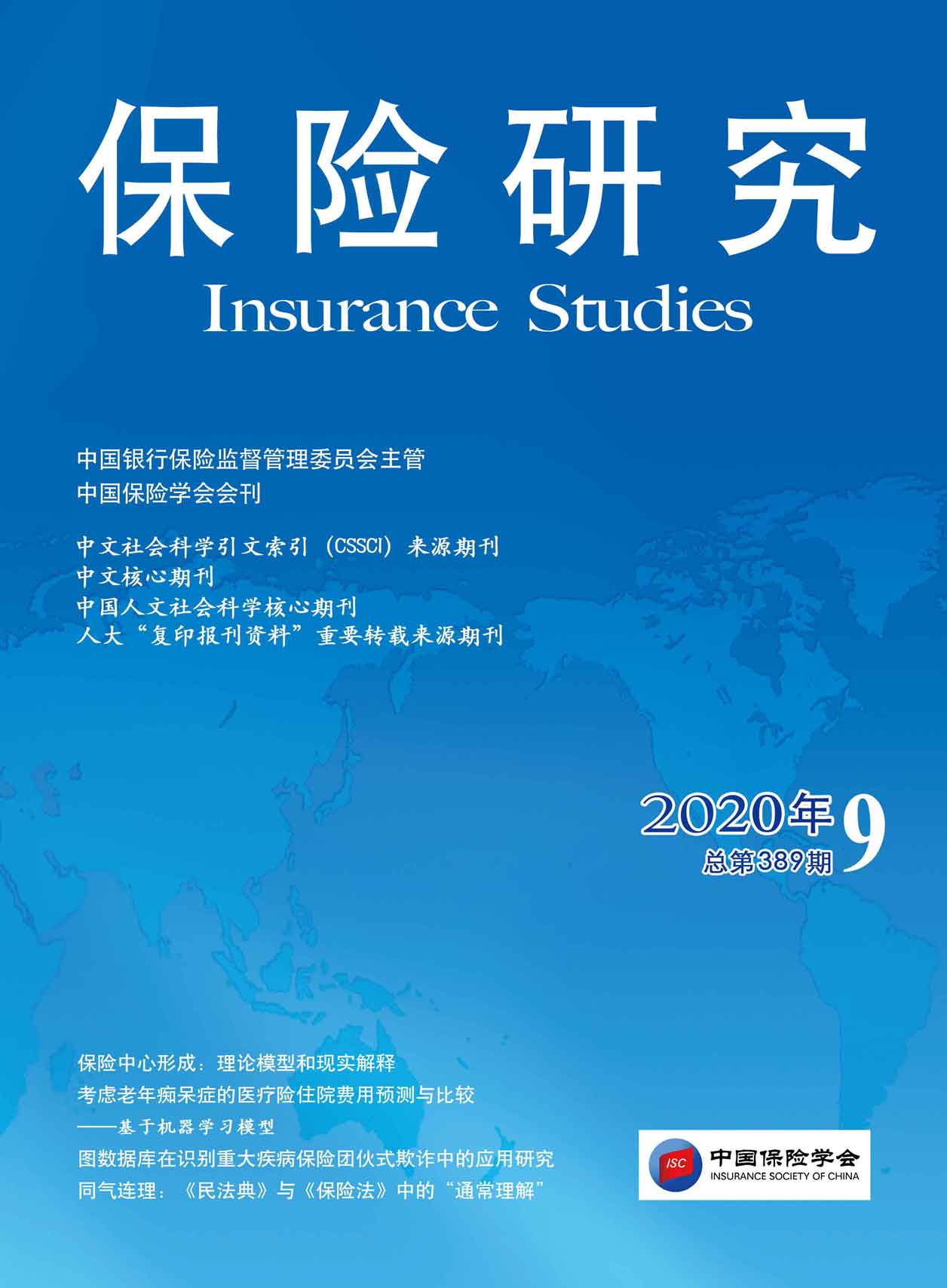
《保险研究》20200908-《同气连理《民法典》与《保险法》中的“通常理解”》(梁鹏)
[中图分类号]D923[文献标识码]A[文章编号]1004-3306(2020)09-0105-12 DOI:10.13497/j.cnki.is.2020.09.008
资源价格:30积分
- 内容介绍
[摘 要]既有理论认为,《民法典》与《保险法》中的“通常理解”就是指普通合同的全部或部分解释方法。然而,这一认识可能存在错误,如果这样的话,《民法典》完全没有必要专门针对格式条款再行规定“通常理解”作为其解释方法。通常理解的主体应当是理性被保险人,法院宜将被保险人群体中超过三分之二主体的理解作为“通常理解”。通常理解的对象大致可以分为条款内涵之争和条款外延之争。针对条款的内涵,采用“文义理解”的方法进行解释更为适当,但此处的“文义理解”注重条款的表面含义,与传统所谓“文义解释”有所不同。针对条款的外延之争,采用“习惯理解”更为适当,但此处的“习惯理解”也与传统的“习惯解释”有所不同,其内涵更加丰富,除包括传统习惯解释的内容外,还包括普通性习惯理解和司法性习惯理解。
[关键词]民法典; 通常理解;理性被保险人;文义理解;习惯理解
[作者简介]梁鹏,中国社会科学院大学教授,法学博士,研究方向:保险法。
Interconnection:On “Common Understanding” in Civil Code and Insurance Law
LIANG Peng
Abstract:The existing theories hold that the “common understanding” in Civil Code and Insurance Law refers to the holistic or partial interpretation method of ordinary contract.But,this perception may be flawed.If so,there is absolutely no need for the Civil Code to stipulate “common understanding” as a special method of interpretation for the standard clauses.People who make a “common understanding” should be a reasonable insured.The court should regard the understanding of more than two-thirds of the insured group as the “common understanding”.The object of “common understanding” can be roughly divided into the dispute over terms connotation and the dispute over terms extension.It is more appropriate to use the method of “literal meaning understanding” to resolve the dispute over terms connotation,but the “literal meaning understanding” here focuses on the superficial meaning of clauses,which is different from the traditional “literal meaning interpretation”.It is more appropriate to use “customary understanding” for the dispute over terms extension,but the “customary understanding” here is also different from the traditional “customary interpretation”,because its connotation include not only the traditional customary interpretation,but also the common customary understanding and the judicial customary understanding.
Key words:Civil Code;common understanding;reasonable insured;literal meaning interpretation;customary understanding
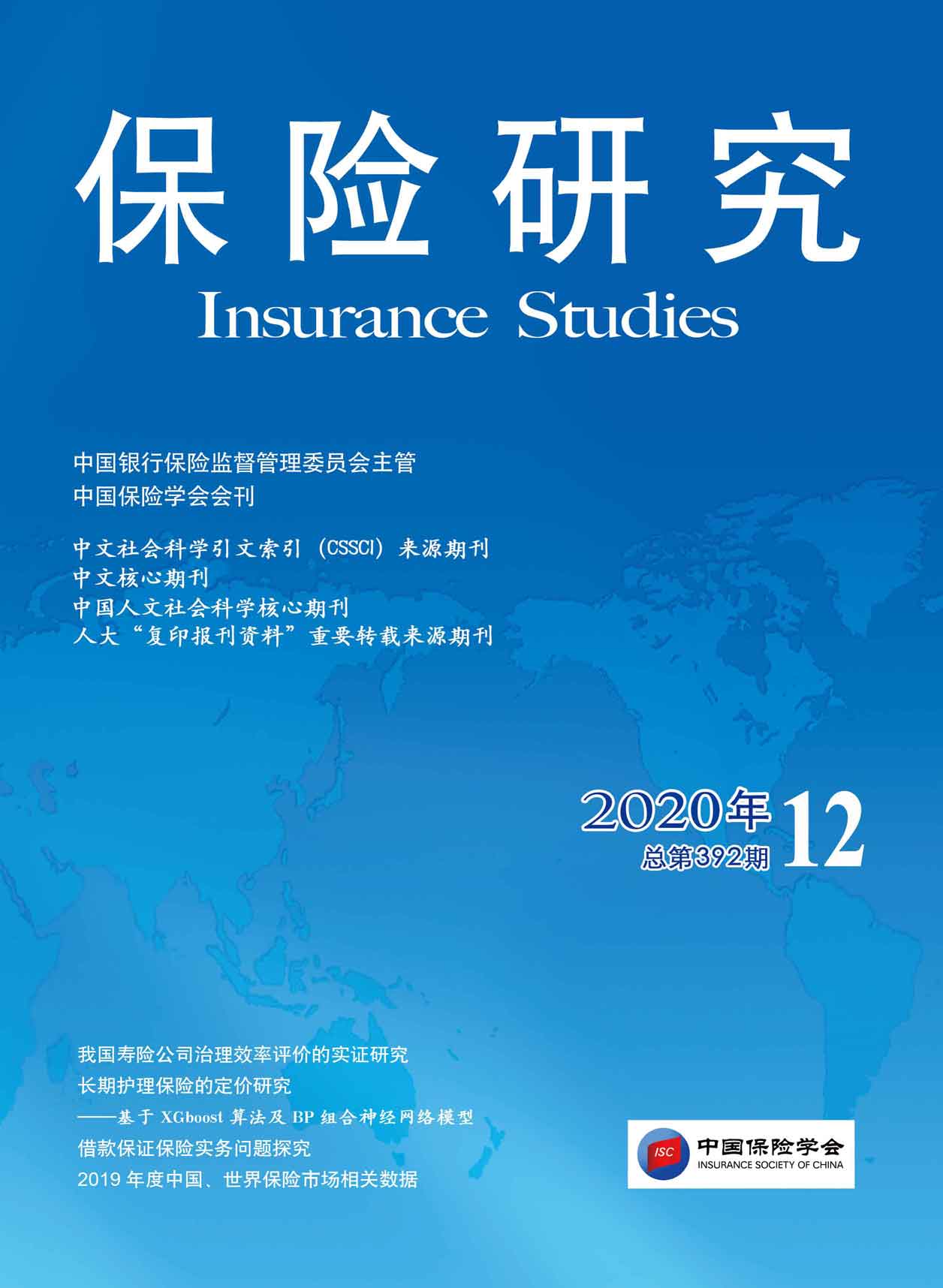
《保险研究》20201201-《我国寿险公司治理效率评价的实证研究》(王稳、田满霞)
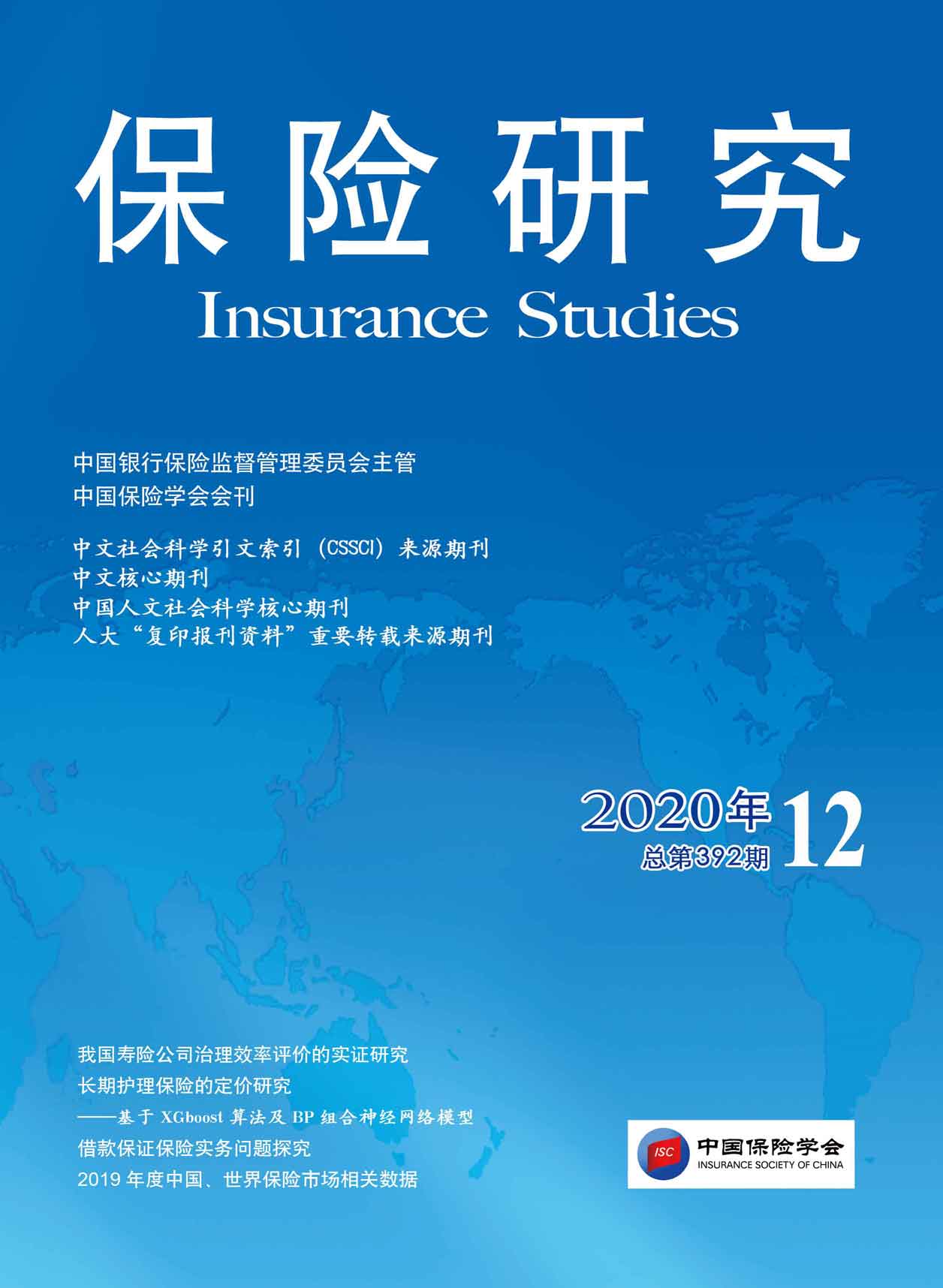
《保险研究》20201202-《健康风险、医疗保险与消费》(邵全权、郝天琪)
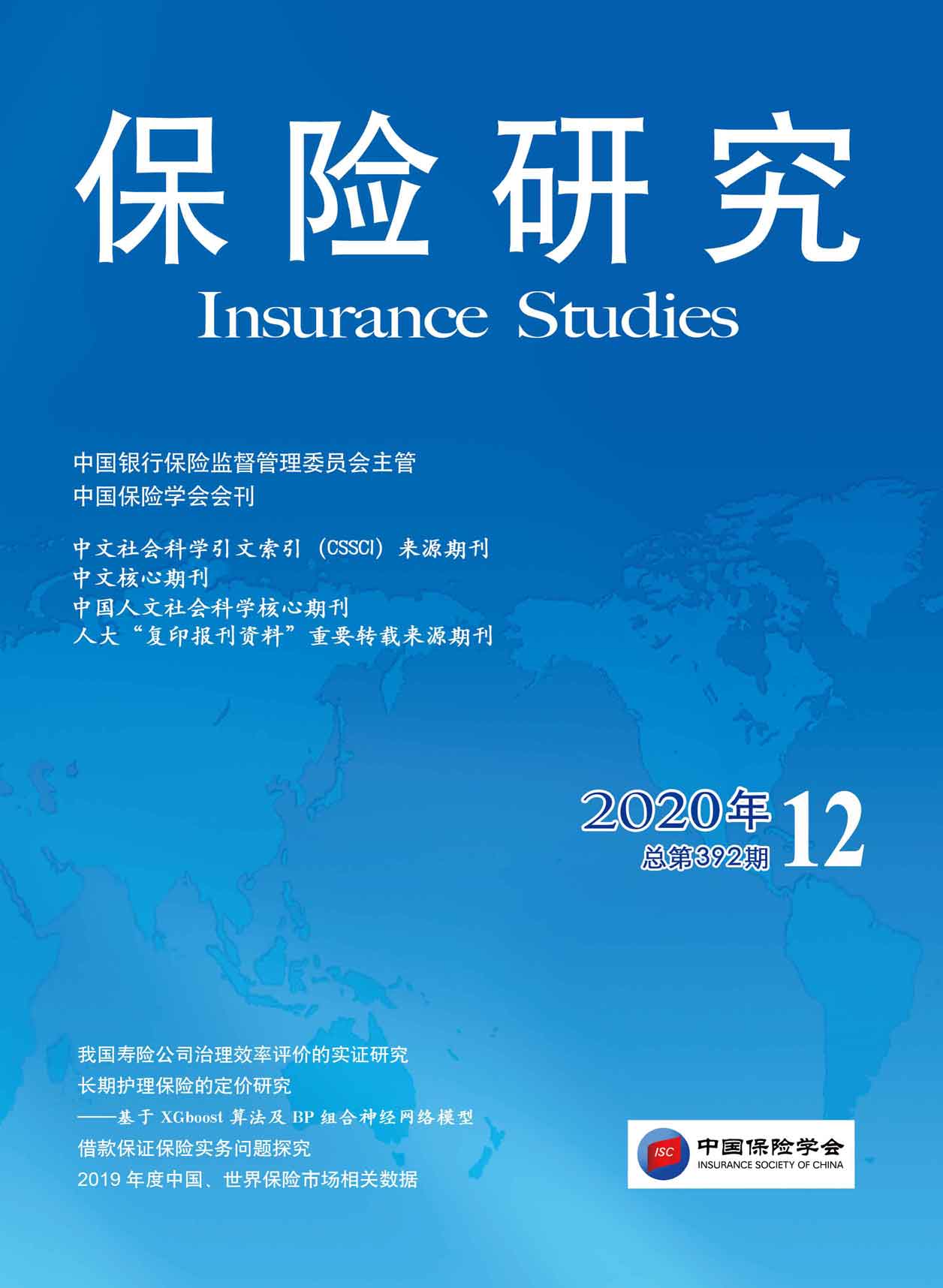
《保险研究》20201203-《长期护理保险的定价研究——基于XGboost算法及BP组合神经网络模型》(仇春涓、关惠琳、钱林义、王伟)
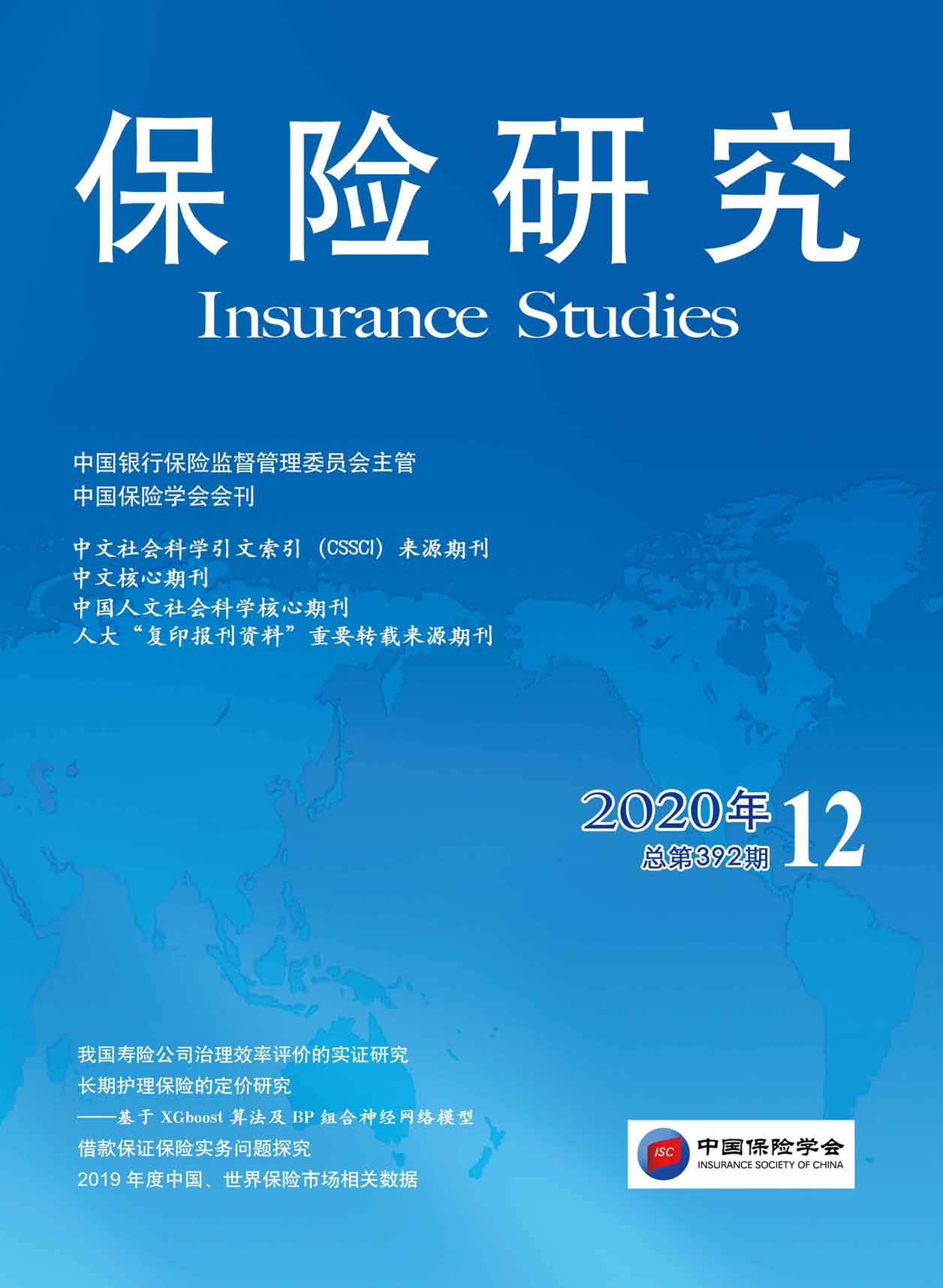
《保险研究》20201204-《特别重大事故影响个体风险偏好吗?——基于中国家庭金融调查的资产配置实证》(许荣、赵昶、常嘉路)
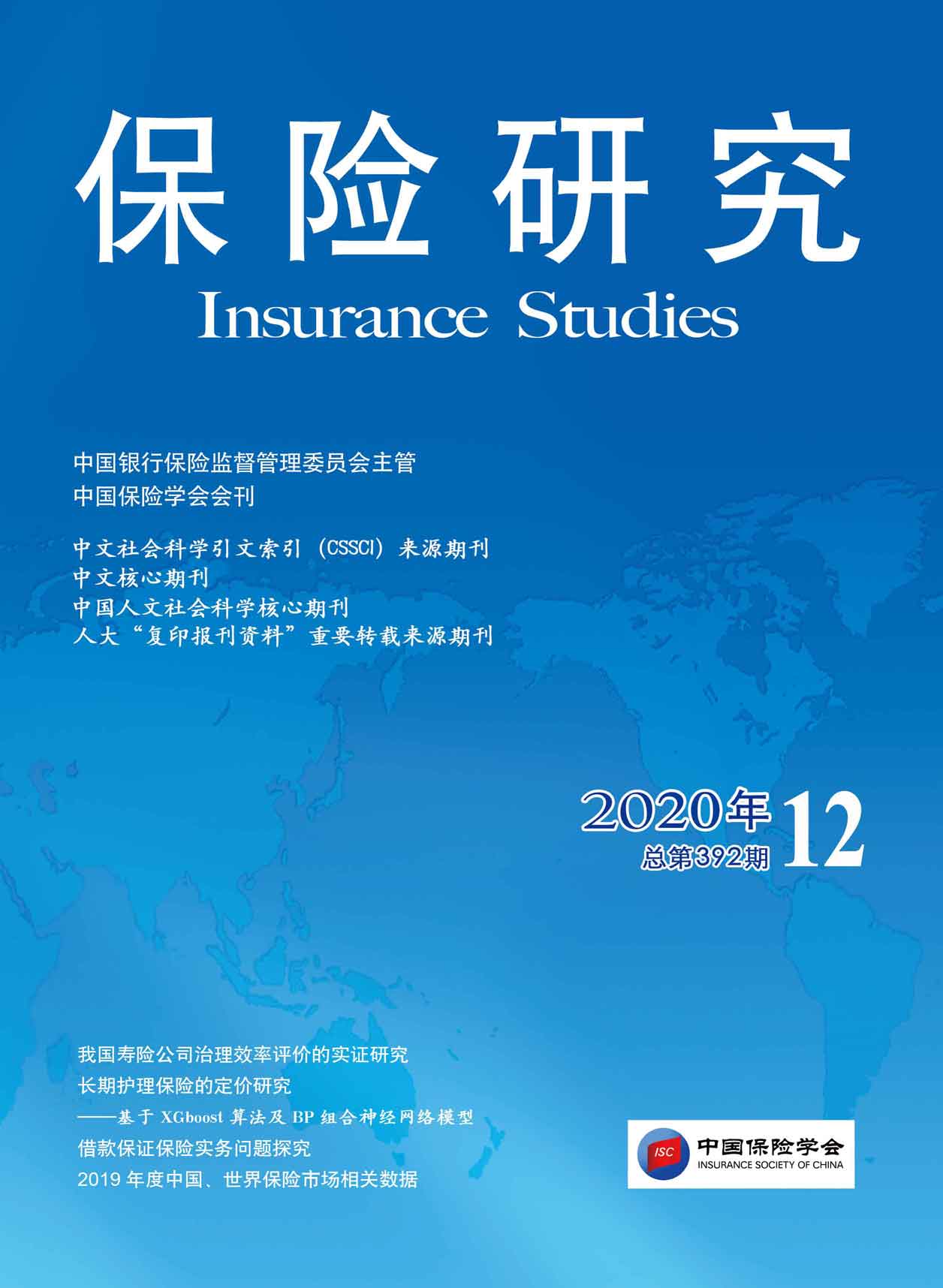
《保险研究》20201205-《用材林保险金额计算方法研究》(张德成、谢和生、马一博、朱洁净、范圣明、卜乐)
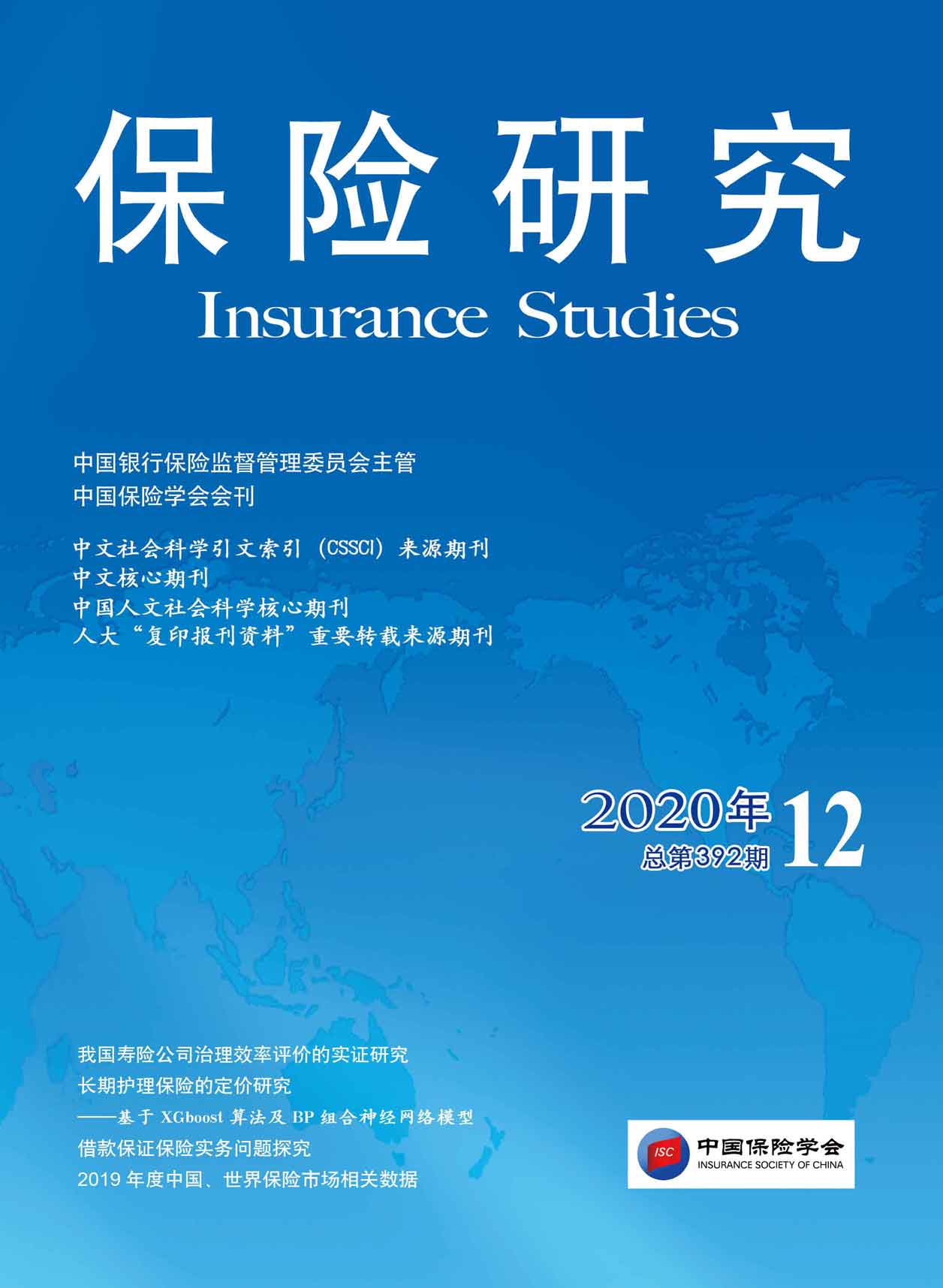
《保险研究》20201206-《边远地区农民享受金融服务的影响因素研究——基于新疆的微观调查数据》(杨新顺、雷汉云)
